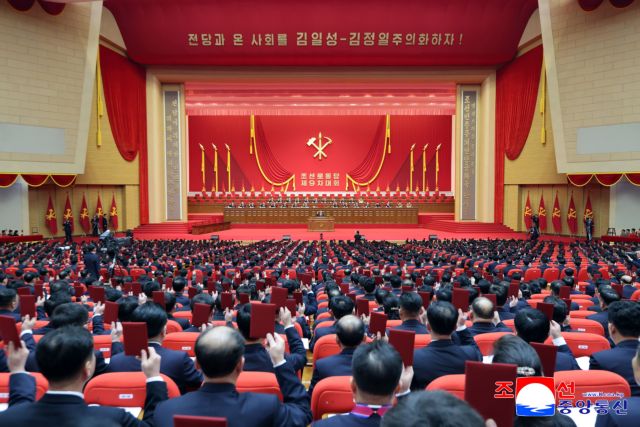 Economy
Economy
.jpg)
Việt Nam’s public debt remains under the ceiling limit, according to the Ministry of Finance.
 |
| Pháp Vân - Cầu Giẽ Expressway. - VNA/VNS Photo Huy Hùng |
HÀ NỘI — Việt Nam’s public debt remains under the ceiling limit, according to the Ministry of Finance.
Trương Hùng Long, Director of the ministry’s Department of Debt Management and External Finance, said public debt was forecast to stand at 61.4 per cent of gross domestic product (GDP) by the end of this year, down 63.7 per cent from the end of 2016 and below the ceiling of 65 per cent.
Long said public debt slowed down in 2016-18, rising at an average rate of 10 per cent, compared to the rate of 18.4 per cent in 2011-15.
Of public debt, Government debt was expected to account for 84.8 per cent, Government-guaranteed debt 14.1 per cent and debts of local authorities nearly 1 per cent by year-end.
Long said public debt was structured towards increasing domestic loans and long-term loans while easing pressure on short-term payments and lowering borrowing costs in 2016-18.
The Government consistently reduced the dependence on foreign loans, a key move with Việt Nam becoming a middle-income country.
Statistics showed that domestic loans met 76 per cent of the Government’s capital demand. The Government’s domestic debt was projected at 60 per cent by the end of 2018 and foreign debt at 40 per cent, compared to 45 per cent and 55 per cent at the end of 2015, respectively.
Việt Nam focused on raising capital through issuing Government bonds, according to Long.
Long said the percentage of Government bonds of 10-30 year terms increased from 16 per cent in the 2011-15 period to 86.4 per cent in the first nine months of this year while bond yields gradually fell from 12 per cent in 2011 to 4.5 per cent, contributing to lowering borrowing costs for the Government.
Regarding the disbursement of official development assistance (ODA), a total of VNĐ171.6 trillion (US$7.5 billion) was disbursed in 2016-18, leaving a limit of VNĐ128.4 trillion for 2019-20 period.
Long said that although ODA remained an important capital source, despite decreasing from 36.6 per cent of State investment to 27.8 per cent in 2017, due to the limited budget for development investment while demand for infrastructure development was huge.
Long said the Ministry of Finance would continue to tighten public debt management and enhance efficiency in using State capital.
In addition, focus would be placed on promoting the development of the domestic capital market, tightening loans of local authorities as well as foreign debts of enterprises.
The restructuring of public debt to 2020 and in the next five-year period must be implemented with the restructuring of the economy, renovating the growth model and improving national competitiveness at the centre, Long said. — VNS
.jpg)



